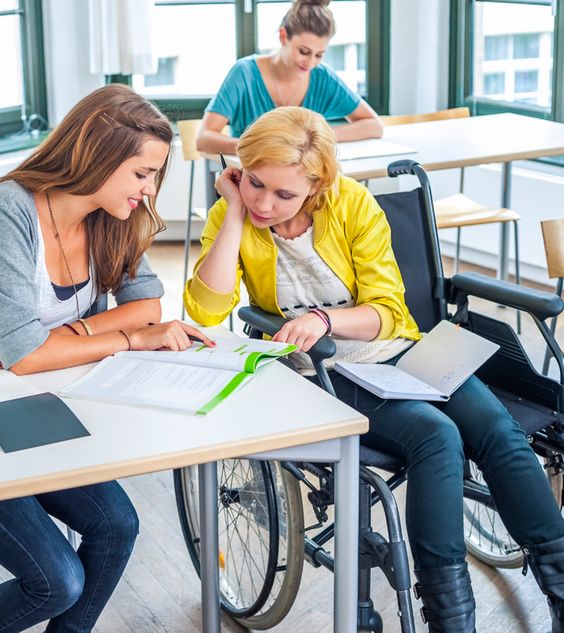In the realm of higher education, students with learning disabilities often face unique challenges that require tailored support and services. While navigating the complexities of academic life, these students must also advocate for themselves to access the accommodations they need to succeed. Community college alumni, in particular, have shared their journeys of overcoming obstacles and obtaining the necessary services to thrive academically.
Maria Rodriguez, a recent graduate from Briarwood Community College, recalls her struggle with dyslexia during her early college years. “I always felt like I was falling behind,” Maria says. “Reading assignments took me twice as long as my peers, and I constantly worried about understanding lectures.” It wasn’t until she met with an advisor at the college’s disability services office that she began to see a path forward. With individualized tutoring sessions and extended test-taking times, Maria gradually found her footing. “The support services were life-changing,” she adds. “They gave me the confidence to not just stay afloat but actually excel in my studies.”
Similarly, James Thompson, who graduated from Riverside Community College last year, shares his experience dealing with ADHD. “My attention span was all over the place, which made focusing in large lecture halls impossible,” James explains. After a series of meetings with disability support staff, he was granted permission to record lectures and use specialized software to organize his notes. “These tools leveled the playing field for me,” he notes. “Instead of constantly playing catch-up, I could actively participate in my education.”
For many students with learning disabilities, simply being aware of available resources is half the battle. Awareness campaigns within community colleges aim to inform incoming students about disability services from the outset. Sarah Kim, a counselor at Eastside Community College, emphasizes the importance of early intervention: “We make it a point to reach out during orientation sessions and keep communication lines open throughout the semester.” She mentions that many students initially hesitate to seek help due to stigma or self-reliance mindsets but eventually realize the benefits far outweigh any misconceptions.
These narratives highlight not only individual resilience but also underscore the crucial role that institutional support systems play in student success. Programs designed specifically for learners with disabilities contribute significantly towards creating an inclusive and equitable educational environment.
Community colleges are continually evolving to better serve all their students’ needs. Alum like Maria and James remind us that when educational institutions invest in accessible resources, everyone benefits— fostering an academic culture where every student has the opportunity to achieve their full potential.

